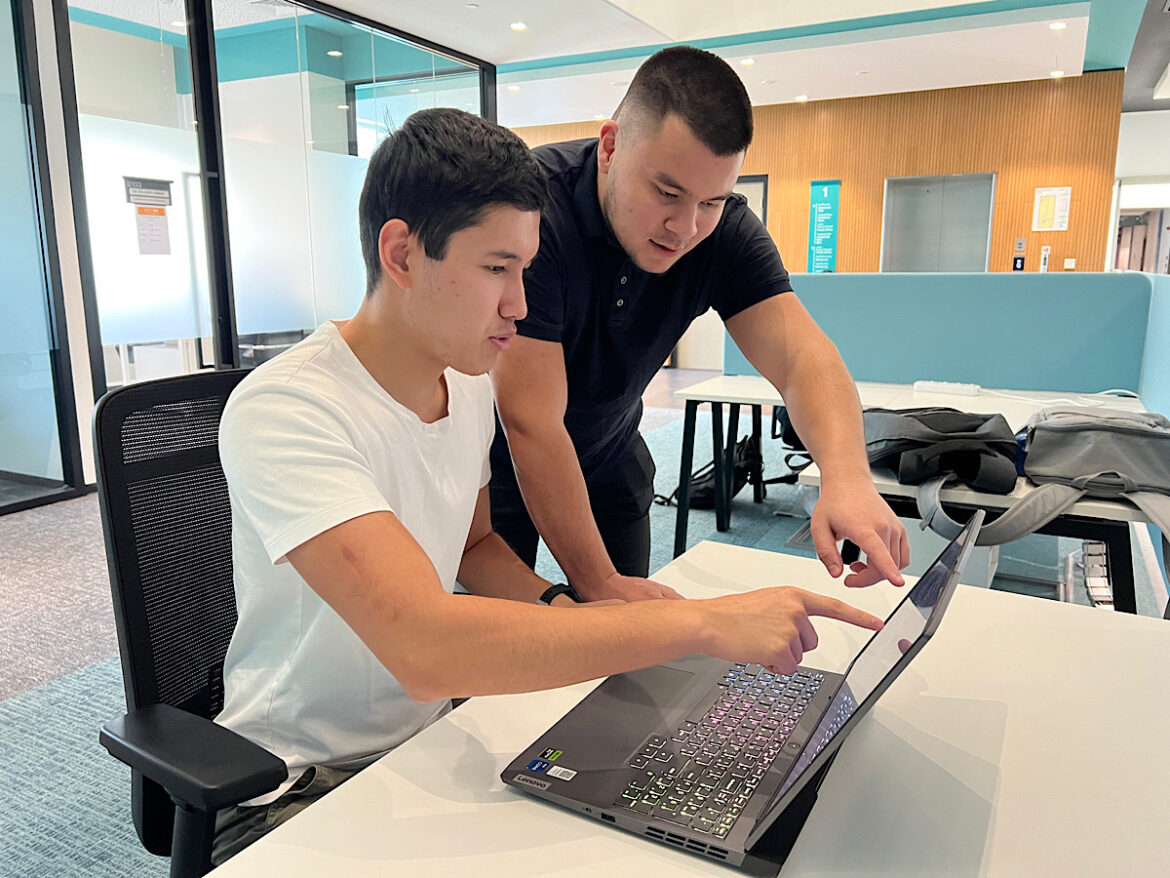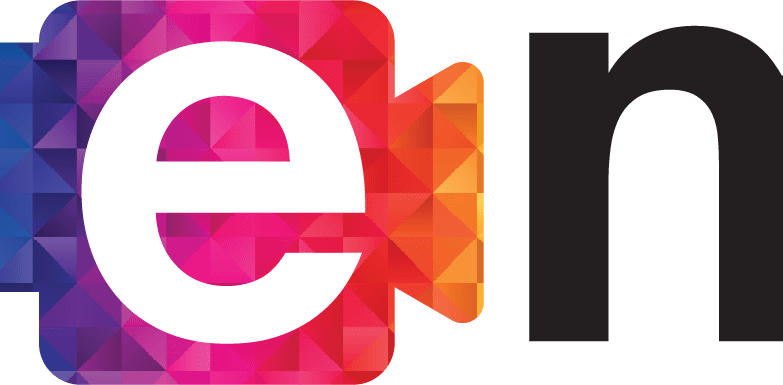Anti-plagiarism and e-diploma technologies to promote academic integrity and security

Dec 11, Dubai, UAE: Rochester Institute of Technology (RIT) Dubai student Alisher Beisembekov is tackling two emerging challenges in the higher education arena by creating a pair of new technology-based innovations. In collaboration with course-mate Tairlan Kairolla, the Computing and Information Technologies students have developed Shyndyq, a solution to combat academic plagiarism in the realm of artificial intelligence (AI). A serial innovator with several projects in the works, Beisembekov has also established a new portal known as eDiploma, which aims to improve document security through digital non-fungible token (NFT) diplomas.
Responding to research that shows almost one in five students use AI to complete their assignments, Beisembekov and Kairolla set out to explore a solution to detect its usage in academic writing. The pair spent three months researching existing anti-plagiarism products and testing ideas for a tool that could encompass new systems like ChatGPT. Explaining the resulting technology, Beisembekov said, “Shyndyq represents the next generation of plagiarism checkers as it uses writing style to determine how the content has been generated. It identifies and differentiates the form of the text to highlight suspected AI-generated content, which the tutor can then check.”
The new technology has been officially verified by the Institute of Electrical and Electronics Engineers. It is the subject of a paper that will feature at the upcoming Global Conference on Artificial Intelligence and the Internet of Things. Regarding their motivation for the project, Kairolla said, “Our research found that half of college students recognise that using AI on schoolwork is cheating or plagiarism, yet 30% will still use it to complete most of an assignment. We want to promote AI usage for the right purposes and ultimately improve students’ learning potential and performance while exploring different uses for the technology outside education.”
Alongside his work on Shyndyq, Beisembekov is also developing his innovative eDiploma portal to tackle document safety and security while supporting graduates in their job search. He explained, “The NFT diploma offers a secure and easy way for candidates to share evidence of their qualifications with potential employers and to mitigate the risks of document loss or even forgery. The platform also offers an agile solution to help recruiters find talent by matching job descriptions with candidate credentials. The technology has already been adopted by Kazakh-British Technical University, Satbayev University and International IT University, and we are in negotiations with RIT New York, as well as universities in Korea and Turkey.”
Shyndyq and eDiploma have been awarded funding from the University in collaboration with the Mohammed Bin Rashid Smart Learning Program (MBRLP). They are receiving business start-up and mentoring support within the RIT Dubai enterprise ecosystem. Speaking about the importance of nurturing entrepreneurial talent, Dr Yousef Al Assaf, President of RIT Dubai, said, “As part of our mission to empower students in designing their future and to help in diversifying the economy, RIT Dubai is creating opportunities that enable students to embark on their start-ups in various fields. Digitalisation is an enabler and driver of the future in all sectors, and hence, creating start-ups using emerging technologies is critical and one of our focus areas. RIT Dubai strives to be part of the dynamic ecosystem created in the UAE to develop technologies that have international reach and demonstrate the richness of the UAE innovation ecosystem.”














